HISTORY
At the end of the 10th century the Roman nobleman Arrone took possession of one of the rocky promontories rising above the Valnerina and built a fortified castle there, the original nucleus of the town, which took its name from him. More than two centuries later, the Arrone family quarreled with the abbots of the Abbey of Ferentillo, and with the permission of the Duchy of Spoleto, the townspeople built a new castle in Montefranco and founded a new municipality. In the 13th century Spoleto imposed its rule over Arrone, which lasted until the 15th century, when the Papal States incorporated the area within its borders, up until the creation of the Kingdom of Italy (1860).
ART, CULTURE, ENVIRONMENT
Divided into two centers, the upper part of town, called "La Terra," has preserved virtually intact the structure of the old medieval fortified village, while the Santa Maria quarter developed outside of the historic center. Besides the ruins of the Castle, sights include the Church of San Giovanni Battista (13th century), which has several 15th-century frescoes by the Umbrian school, and the Church of Santa Maria, with a handsome 15th-century portal and important frescoes inside by Vincenzo Tamagni and Giovanni da Spoleto, along with frescoes and terracottas from the 1500s and a triptych from 1487 in the side niches. Nearby, worthy of a visit are the Church of San Nicola in Casteldilago, and the Sanctuary of the Madonna dello Scoglio, set on an imposing cliff from which there is a spectacular view of the Nera Valley. Set in a pristine natural environment, the municipal territory lies within the Nera River Park, which offers a variety of things to do: a permanent educational workshop, thanks to a number of guided activities, from trekking to excursionist itineraries. Sports tourism is very developed in Arrone, thanks to its water sports (canoeing, rafting, and canyoning) and free-climbing on its natural rocky cliffs.










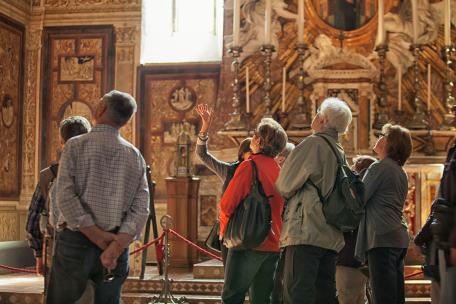




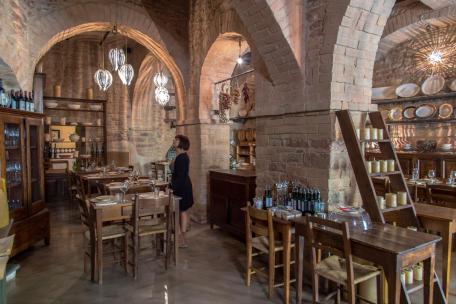


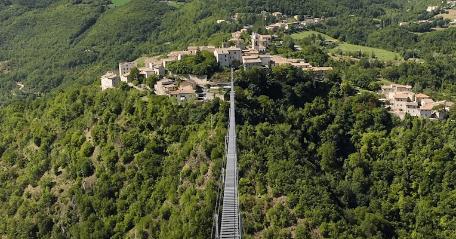

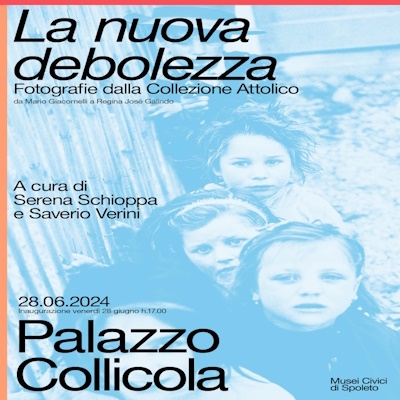
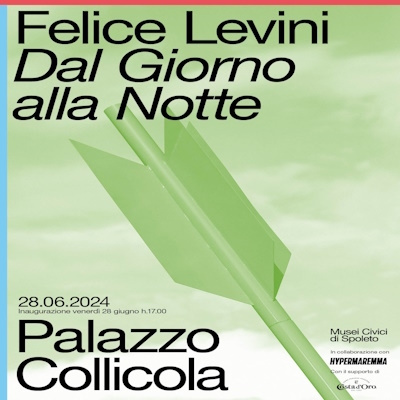
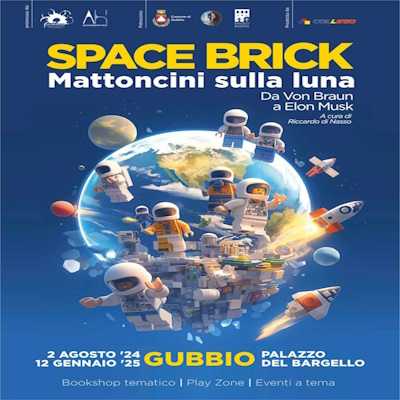

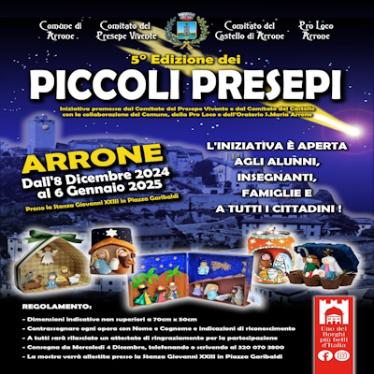

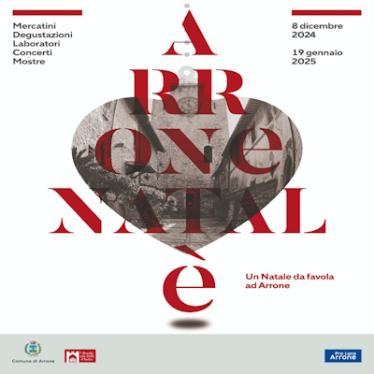
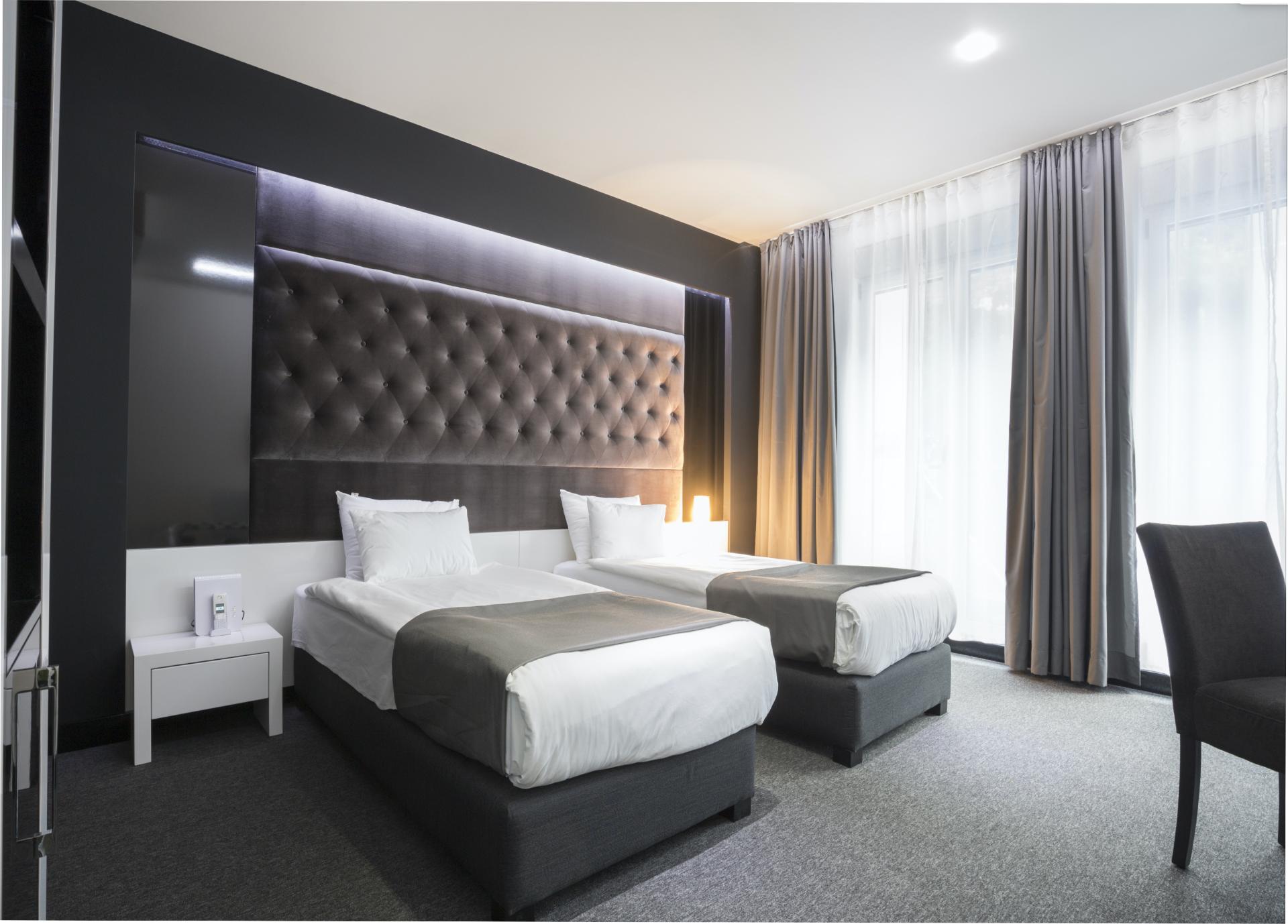


.jpeg/2a5913ca-f37a-d057-b81c-bf0ecd24a699?width=1080)

